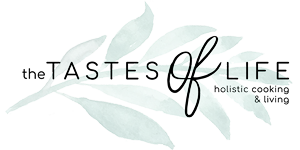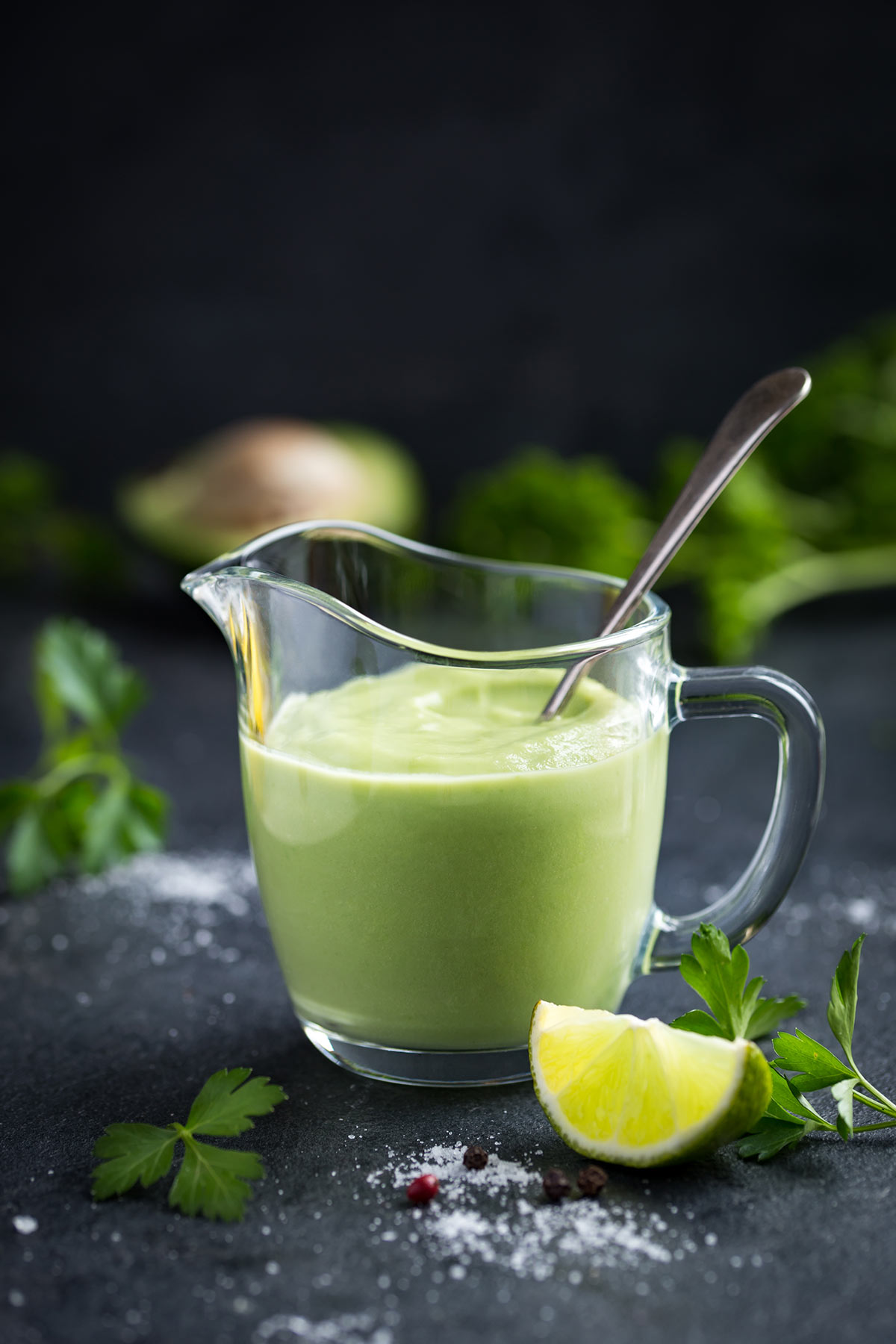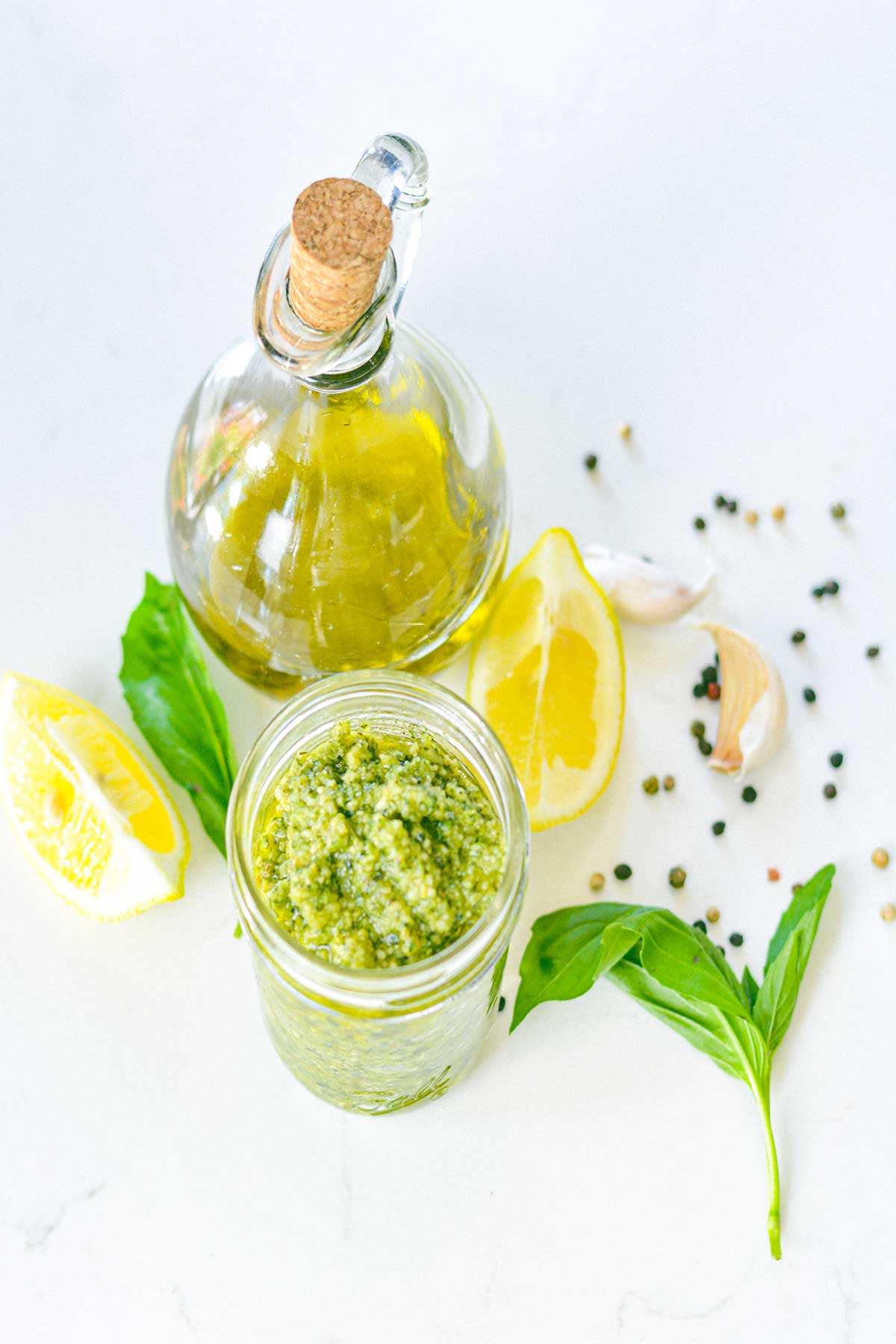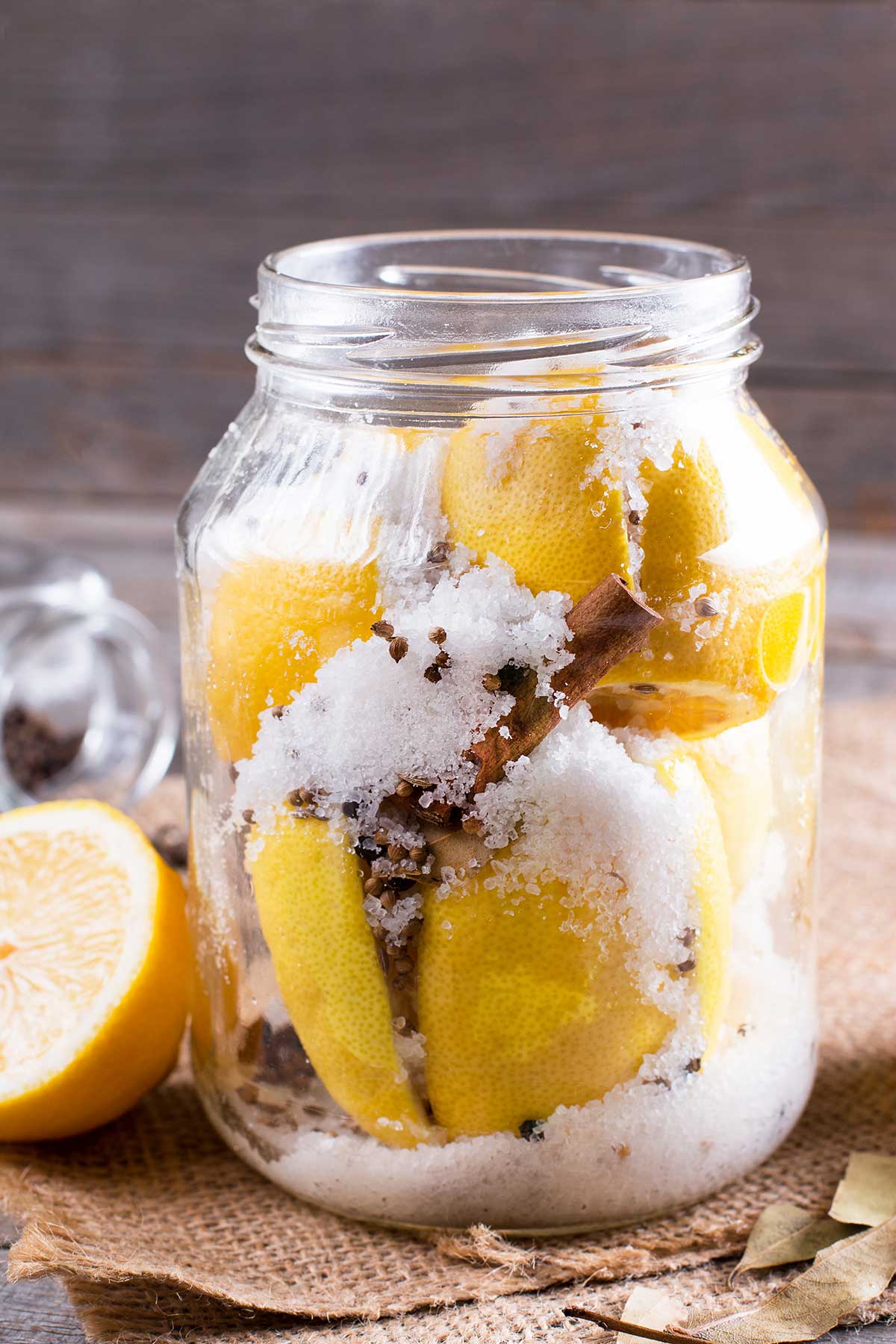How To Make Dandelion Tea + Health Benefits

Harnessing the Power of Dandelion
Spring has finally arrived, and the world is bursting with new life and energy. The trees are budding, the flowers are blooming, and the air is filled with the sweet scent of fresh grass and blooming flowers. It is the perfect time to explore the great outdoors and take in all the beauty and wonder of the natural world. This brought many memories of my childhood when my grandmother and I went to nearby meadows to search for edible herbs and plants. One of our favorites and plentiful during spring, was dandelion which, contrary to popular belief that it is a weed, is very underrated and has fantastic health benefits.
We used to make teas and infused honey or vinegar to preserve the health benefits and have some for winter.
Dandelion tea is a herbal tea made from the dried leaves and roots of the common dandelion plant, scientifically known as Taraxacum officinale. This plant is found all over the world and is commonly considered a pesky weed. However, dandelions are also known for their medicinal properties, particularly in the form of dandelion tea.
Dandelion tea provides a wide range of health benefits due to its high nutrient content. This tea is a rich source of vitamins A, C, and K and minerals such as iron, calcium, and potassium. Additionally, it contains antioxidants and phytonutrients that may help prevent various diseases and promote overall health.
Here are some health benefits of dandelion tea

- Digestive health
Dandelion tea has been traditionally used as a natural remedy for digestive problems. It has a mild laxative effect that can help promote bowel movements and relieve constipation. Additionally, it can help improve the overall digestive function by stimulating the production of digestive juices, such as bile.
- Liver health
The liver is a vital organ that is crucial to the body’s detoxification process. Dandelion tea has been shown to support liver health by improving the liver’s ability to detoxify harmful substances and reducing inflammation. This can help prevent liver damage and improve liver function.
- Immune system support
Dandelion tea contains antioxidants, which can help protect the body against free radicals that can damage cells and contribute to various diseases. Additionally, dandelion tea may help boost the immune system by promoting the production of white blood cells, which are responsible for fighting infections and diseases.
- Bone health
Dandelion tea is a rich calcium source, essential for strong bones. It also contains vitamin K, which helps improve bone density and reduce the risk of fractures.
- Skin health
Dandelion tea may help improve skin health by reducing inflammation and protecting against oxidative stress. This can help prevent skin damage and premature aging. Additionally, dandelion tea can help promote healthy skin by improving digestion and detoxification, which can help eliminate toxins from the body.
- Weight loss
Dandelion tea may help support weight loss by promoting the breakdown of fats and reducing appetite. It can also help improve digestion and elimination, which can help prevent the buildup of toxins that can contribute to weight gain.
- Diabetes management
Dandelion tea may help regulate blood sugar levels and improve insulin sensitivity, which can be beneficial for people with diabetes. Additionally, it may help reduce inflammation, which can contribute to the development of diabetes and its complications.
- Cancer prevention
Dandelion tea contains antioxidants and phytonutrients that may help prevent cancer development. Some studies have suggested that dandelion tea may have anti-cancer properties and may be effective against certain types of cancer, such as leukemia and breast cancer.
Dandelion is also very beneficial in women’s hormonal balance
- Estrogen balance: Dandelion tea may help regulate estrogen levels by increasing the production of sex hormone-binding globulin (SHBG). This protein binds to excess estrogen and helps remove it from the body. This can be especially beneficial for women experiencing hormonal imbalances during menopause or premenstrual syndrome (PMS).
- Testosterone balance: Dandelion tea may also help regulate testosterone levels in the body by reducing the production of an enzyme called 5-alpha reductase, which converts testosterone into dihydrotestosterone (DHT). High levels of DHT can contribute to conditions such as acne, hair loss, and prostate enlargement.
- Thyroid support: Dandelion tea may support thyroid function by increasing the production of iodine, a mineral essential for synthesizing thyroid hormones. This can be particularly beneficial for individuals with an underactive thyroid or hypothyroidism.
- Adrenal support: Dandelion tea may also help support the adrenal glands, which are responsible for producing hormones such as cortisol and adrenaline that help the body cope with stress. Chronic stress can lead to imbalances in adrenal hormones, contributing to fatigue, anxiety, and other health issues.
If you are interested in trying dandelion tea, be sure to choose a high-quality organic tea to ensure the best health benefits. Additionally, it is always recommended to consult with a healthcare professional before adding any new supplement or herbal remedy to your diet.
When is the best time to harvest fresh dandelion?
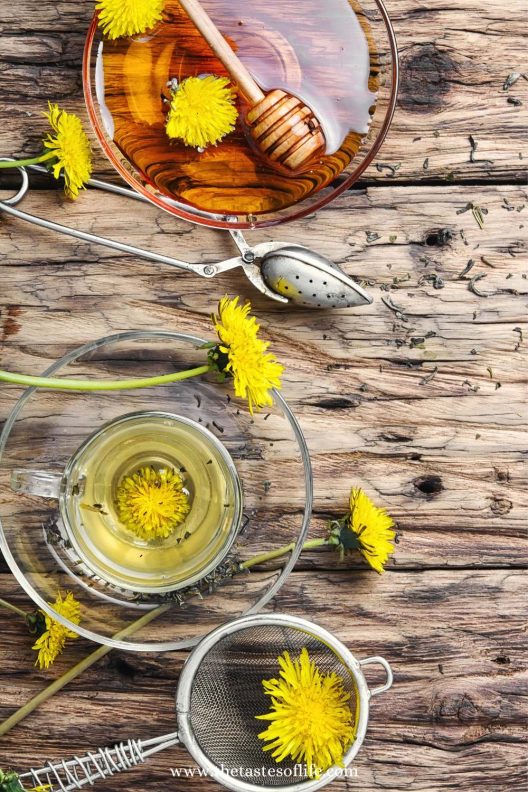
The best time to harvest dandelion leaves and roots for making tea is in the early spring or late fall when the plants are vegetative. At this time, the leaves are tender and less bitter, and the roots contain the highest concentration of beneficial compounds.
The best way is to harvest the leaves before the flowers appear, as the leaves become more bitter once the plant begins to flower. To gather the leaves, pluck them from the base of the plant, leaving a small stem attached.
The roots should be harvested in the fall when the plant has finished flowering, and the leaves have started to wither. To harvest the roots, use a garden fork to carefully dig up the entire root system, being careful not to damage the roots.
Once harvested, the leaves and roots should be washed thoroughly and dried before making tea. You can dry them by spreading them out on a clean towel, using a dehydrator, or in the oven at a low temperature of 200 F.
It is important to note that if you are harvesting dandelions from the wild, you should avoid areas that are sprayed with herbicides or pesticides.
Dandelion tea is a caffeine-free herbal tea that can be a great alternative to coffee or black tea for those sensitive to caffeine or looking to reduce their caffeine intake. Dandelion tea has a slightly bitter taste, which some people find appealing, and can be sweetened with honey or other natural sweeteners if desired.
References:
- Schütz K, Carle R, Schieber A. Taraxacum–a review on its phytochemical and pharmacological profile. J Ethnopharmacol. 2006 Oct 11;107(3):313-23. doi: 10.1016/j.jep.2006.07.021. Epub 2006 Aug 11. PMID: 16950583.
- Jang S, Sun J, Chen P. Dandelion extract suppresses reactive oxygen species and inflammatory response in a diabetic wound healing model. Biomed Res Int. 2015;2015:736179. doi: 10.1155/2015/736179. Epub 2015 Jun 14. PMID: 26146650; PMCID: PMC4475813.
- Bone K. Clinical Applications of Ayurvedic and Chinese Herbs: Monographs for the Western Herbal Practitioner. Phytotherapy Press; 1996.
- Clare BA, Conroy RS, Spelman K. The diuretic effect in human subjects of an extract of Taraxacum officinale folium over a single day. J Altern Complement Med. 2009 Aug;15(8):929-34. doi: 10.1089/acm.2008.0152. PMID: 19678785.
- Kim JS, Kang MH. Effects of taraxacum officinale on fatigue and immunological parameters in mice. Molecules. 2014 Dec 24;20(1):1796-814. doi: 10.3390/molecules20011796. PMID: 25546267; PMCID: PMC6270345.
- Morris CA, Avorn J. Internet marketing of herbal products. JAMA. 2003 May 7;289(17):2271-3. doi: 10.1001/jama.289.17.2271. PMID: 12734143.
- Alves FM, Fernandes VC, Cavalcanti SC, Lima EO. Antibacterial activity of plant extracts from Brazil against fish pathogenic bacteria. Braz J Microbiol. 2010 Oct-Dec;41(4):844-51. doi: 10.1590/S1517-83822010000400003. PMID: 24031590; PMCID: PMC3769305.
- Sohma Y, Yoshida T, Miyake Y, Mizushina Y. Anti-thrombin activity of Taraxacum officinale. Biosci Biotechnol Biochem. 2013;77(11):2316-8. doi: 10.1271/bbb.130563. Epub 2013 Nov 7. PMID: 24201048.
- Yarnell E, Abascal K. Dandelion (Taraxacum officinale) leaf. Altern Complement Ther. 2009;15(1):21-25. doi: 10.1089/act.2009.15104.
- Fugh-Berman A, Cott JM. Dietary supplements and natural products as psychotherapeutic agents. Psychosom Med. 1999 Jul-Aug;61(4):712-28. doi: 10.1097/00006842-199907000-00020. PMID: 10443766.
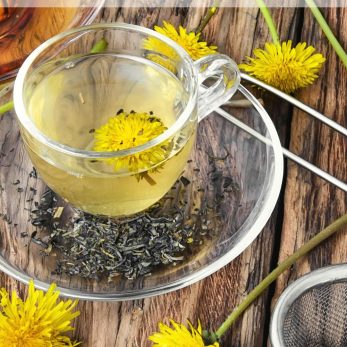
Dandelion Tea
Ingredients
- A handful of fresh dandelion flowers and leaves
- 2 cups of water
- Honey or other sweeteners (optional)
Instructions
- Rinse the dandelion flowers and leaves thoroughly in cold water to remove any dirt or debris.
- Fill a pot with 2 cups of water and bring it to a boil.
- Add the dandelion flowers and leaves to the pot and let them steep for 5-10 minutes.
- Strain the tea into a cup using a fine mesh strainer or cheesecloth.
- Add honey or other sweeteners to taste (optional).
- Enjoy your fresh and delicious dandelion tea!
